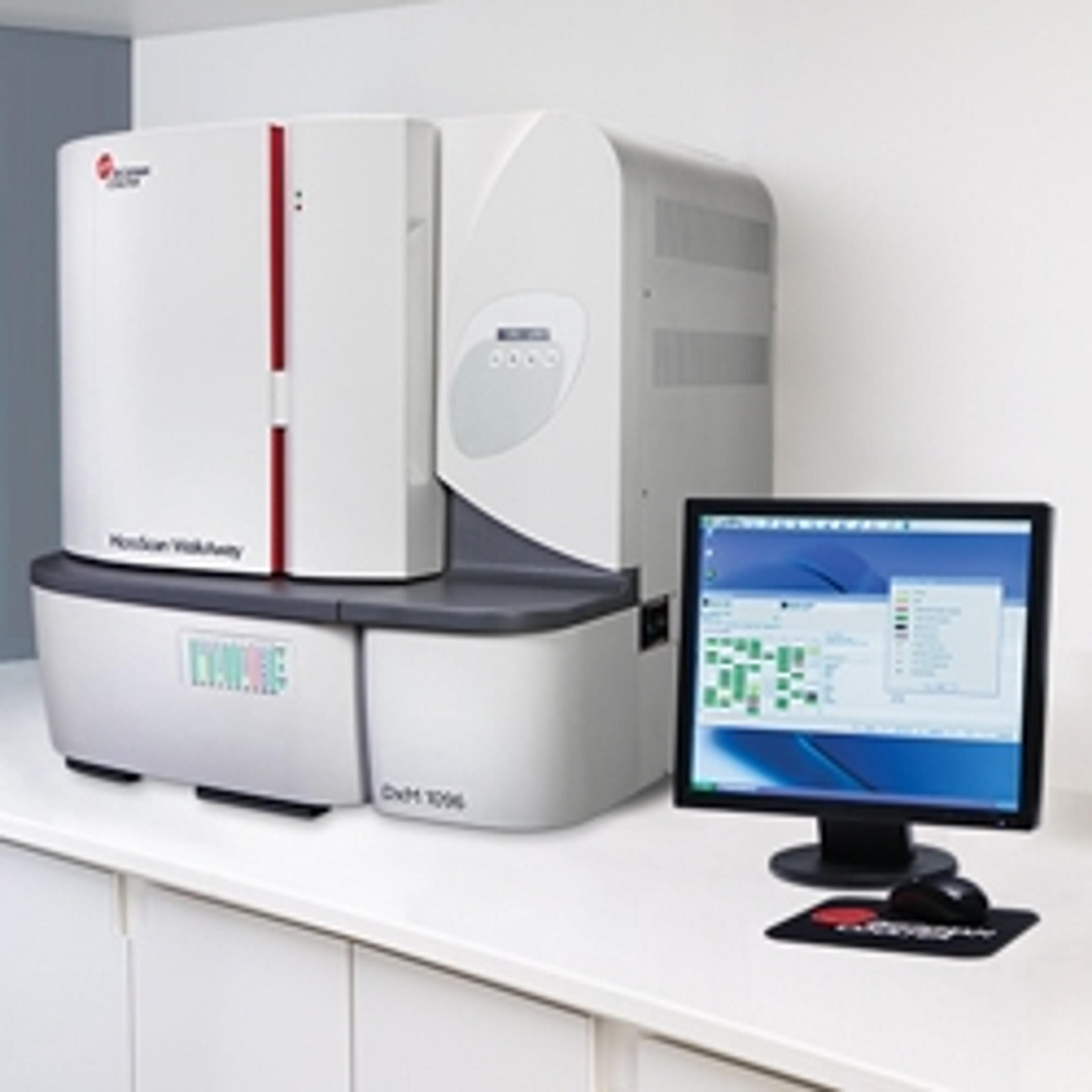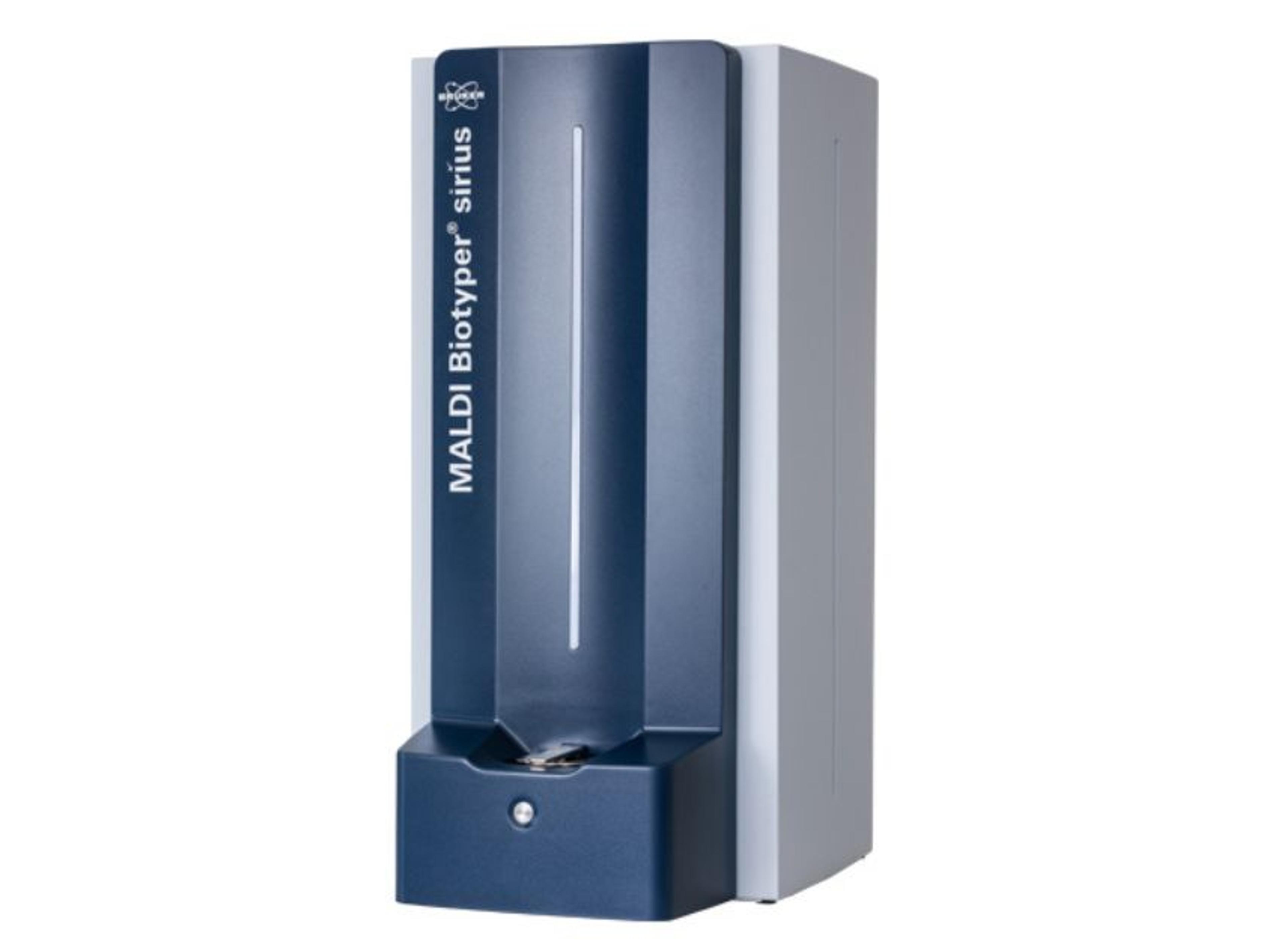
Managing antimicrobial resistance: A healthcare system's approach to antimicrobial detection and stewardship
Over the past five years, healthcare systems have faced a troubling rise in Gram-negative multidrug-resistant organisms (MDROs), contributing to increased patient morbidity and mortality. At the forefront of this surge are NDM-CREs (New Delhi metallo-β-lactamase-producing carbapenem-resistant Enterobacterales), which have skyrocketed by 460% between 2019 and 2023, according to a recent report from the Centers for Disease Control and Prevention (CDC)1. Another report by the European Centre for Disease Control (ECDC) showed a 57% increase in bloodstream infections caused by carbapenem resistant bacteria in the same time period2.
These alarming trends underscore the urgent need for robust screening protocols and precise antibiotic susceptibility testing, especially for high-risk patient populations.
Join our group of industry experts for an insightful case-based webinar exploring the complex patient journey of a 76-year-old woman residing in a nursing home. Her story begins with a fall leading to an emergency room visit where she is found to have a hip fracture. She is admitted and has an uneventful surgical repair the next day but develops urosepsis during her post-op recovery.
This case highlights the heightened vulnerability of elderly patients to MDROs, particularly CREs. Through this patient’s journey, the speakers will examine the critical role of infection prevention protocols and the value of accurate diagnostic and antibiotic susceptibility testing in guiding effective treatment as they are applied throughout a healthcare system.
The session will also incorporate the latest IDSA guidelines for managing complicated urinary tract infections, including urosepsis, offering practical insights for clinicians, microbiologists, and infection control professionals.
Key learning objectives:
- Describe how rapid PCR screening plays a critical role in enhancing infection control protocols to help minimize transmission and support timely patient management.
- Explain how rapid AST results support optimal antimicrobial therapy decision-making to help improve patient outcomes and combat resistance.
- Outline the latest IDSA guidelines for complicated urinary tract infections.
- Discuss the impact of antimicrobial resistance and diagnostic stewardship in real-world settings.
Who should attend?
Clinical microbiology lab directors/supervisors/managers, microbiologists, microbiologist lab technicians, infectious disease specialists, infectious disease pharmacists, clinical microbiology lab executives, antibiotic stewardship committee members, infection preventionists
Accreditation statement
SelectScience® is approved as a provider of continuing education programs in the clinical laboratory sciences by the ASCLS P.A.C.E.® Program.
References:
1. CDC Report Finds Sharp Rise in Dangerous Drug-Resistant Bacteria | CDC Newsroom
2. Antimicrobial resistance in the EU/EEA (EARS-Net) - Annual Epidemiological Report 2023
Speakers

Dr. April Bobenchik is the Medical Director of Microbiology and Virology at Penn State Hershey Medical Center and Associate Professor of Pathology at Penn State College of Medicine. Dr. Bobenchik has expertise in medical microbiology and laboratory diagnostics, with specific interests in diagnostic test development, antimicrobial resistance detection, and education. She is an active member of the American Society of Microbiology and a member of the Clinical and Laboratory Standards Institute (CLSI) Subcommittee on Antimicrobial Susceptibility Testing.

Dr. David Jenkins is a consultant medical microbiologist and infection prevention specialist and past President of the British Society for Antimicrobial Chemotherapy (BSAC). Dr. Jenkins has served as lead infection prevention doctor at University Hospitals of Leicester for over 20 years. He is also his Trust’s lead doctor for antimicrobial stewardship. In addition, Dr. Jenkins is responsible for undergraduate and postgraduate teaching in infection at the University of Leicester Medical School. He researches antimicrobial stewardship and co-led an Economics and Social Research Council funded study on antibiotic prescribing in the UK, South Africa, and Sri Lanka.

Dr. Stephanie Mitchell joined Beckman Coulter Microbiology as Senior Director of Scientific Affairs in 2025. Prior to joining Danaher, and after receiving her Ph.D. in Molecular Microbiology Ph.D. from Tufts University, completing her Medical and Public Health Microbiology CPEP Fellowship at the University of Pennsylvania and receiving board certification from the American Board of Medical Microbiology (ABMM), she served as the Medical Director of two full-service clinical microbiology laboratories at a large tertiary academic medical center. Prior to her time in the clinical lab, Dr. Mitchell worked as a research scientist at the U.S. Centers for Disease Control and Prevention (CDC), developing novel real time PCR diagnostics for various respiratory bacterial diseases and also supported the CDC’s response to the pandemic Influenza A H1N1 outbreak in 2009.

Michael J. Loeffelholz, Ph.D., D(ABMM), joined Cepheid in 2018, where he is currently Vice President, Scientific Affairs. He received a Ph.D. in microbiology from Ohio University, Athens, Ohio in 1987. After completing a post-doctoral fellowship in medical and public health microbiology at the University of Rochester in 1990, he was a senior scientist at Roche Molecular Systems from 1990–1995. From 1995–2008, Loeffelholz held leadership positions in public health laboratories and private reference laboratories. From 2008–2018 he was associate professor, then full professor, with tenure, in the department of pathology at University of Texas Medical Branch, and Medical Director of the Clinical Microbiology Laboratory. He served as a member of the Board of Scientific Counselors to the U.S. Centers for Disease Control and Prevention (CDC) from 2015–2022.
Moderator






